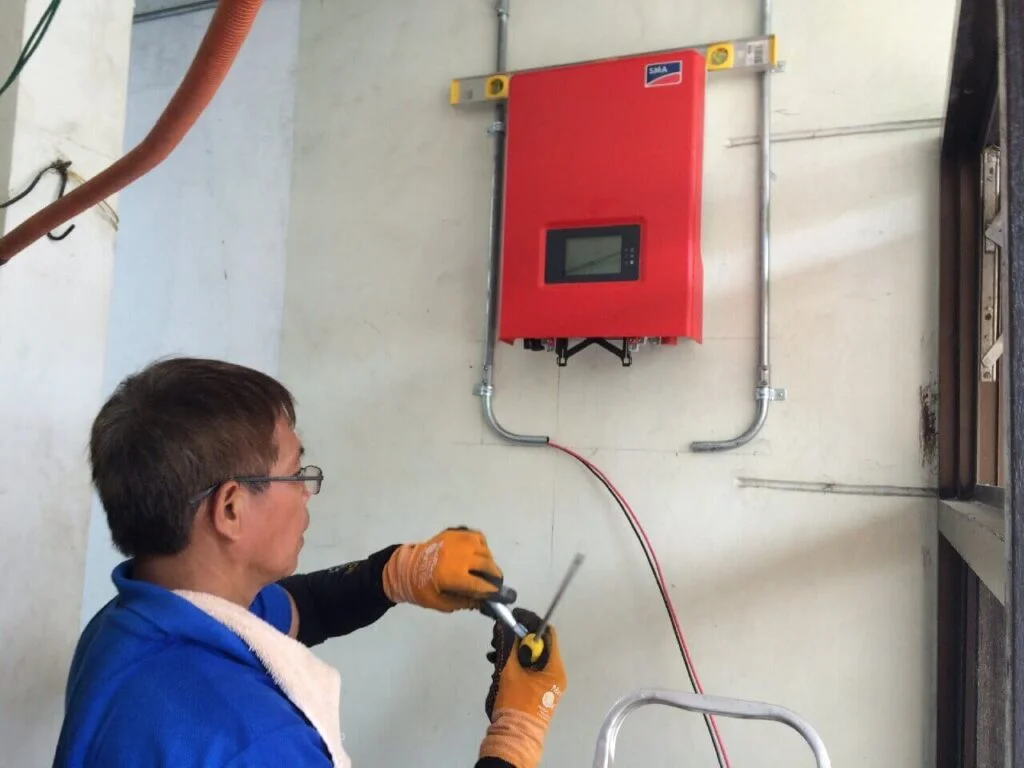Last Updated on July 9, 2023 By Emma W. Thomas
Wire spanking is a type of corporal punishment. It involves using a wire to strike a person’s bottoms to inflict pain. Using an electrical cord to whip can have serious negative effects. It can cause injuries to the skin and lead to emotional torture. One may live in pain, fear, and anger.

Key Takeaway
- Spanking is corporal punishment.
- Whipping with an electrical cord inflicts much pain and can cause death
- Spanking causes emotional torture
This article takes you through the reasons for spanking by most parents and the negative effects of the same. We also look at alternatives to spanking
What is Spanking, and Why Do Parents Use It on Children?
Spanking refers to the use of physical force on a child. It aims at correcting a child’s unwanted behavior by inflicting some pain but not injury. A parent may use bare hands or another object to whip the child’s bottom.
Parents who embrace spanking to discipline their children may do it for lack of an alternative method. Some may spank the kids when stressed, or they cannot tolerate a certain behavior anymore. It is also possible for a parent to spank their children out of anger or impulse.
A parent could feel frustrated that their child did a particular mistake. When this is the case, they will spank the child without giving it a second thought.
Spanking could also be a result of cultural beliefs. People who believe in this mode of punishment see it as part of their culture to bring up their children. But, most countries have banned spanking in schools and at home.
The table below shows some countries worldwide that have banned corporal punishment since 2010. It also shows the year when it was made illegal.
| Year of ban | Countries |
| 2010 | Republic of Congo, Kenya, Poland, Tunisia, and Albania |
| 2011 | South Sudan |
| 2013 | North Macedonia, Honduras, Cabo Verde |
| 2015 | Benin, Peru, Ireland |
| 2016 | Mongolia, Paraguay, Slovenia, Montenegro |
| 2019 | Georgia, France, South Africa |
| 2020 | Guinea, Japan, Seychelles, |
| 2021 | Colombia, Republic of Korea |

Some of The Negative Effects of Spanking Include:
1. It leads to Low Self-Esteem:
A child who gets spanked frequently by a parent may develop low self-esteem. Spanking can make a child think they are not good and feel ashamed. They may feel like they are unworthy of any positive treatment. As a result, the kid will not work towards changing their behavior.
2. Spanking could Lead to Aggression:
A child who is used to spanking by a parent may develop aggressive behavior later in life. Most think the only way to show anger is by hitting the other person. It may also seem like the most reasonable way to solve issues.
3. Spanking Spoils a Parent-Child Relationship:
Spanking can ruin the relationship between children and their parents. A child who gets spanked often can develop a fear of and not relate well with their parent. Spanking could also destroy trust between parents and their children.
A kid may tend not to tell the truth for fear of physical punishment. A child who keeps lying over time could lose their parent’s trust.
4. It loses meaning in the Long Run:
Corporal punishment may appear to work in the short run. But it will eventually become ineffective. Kids could decide not to change their behavior and get used to spanking. When this is the case, they may justify their character and view spanking as normal.
5. Doctors Disapprove of Corporal Punishment:
Many paediatricians (about 80%) are against spanking to correct unwanted behavior in children. AAP (The American Academy of Pediatrics) advocates for healthier methods of disciplining children. It recommends reinforcement of good behavior, setting expectations for the kids, and redirecting the young ones.
Among The Reasons They Give to Discourage Corporal Punishment Include The Following:
- It may lead to physical injuries, especially in children below 18 months.
- Spanking could lead to increased aggression in school-going children. It will also ruin their relationship with their parents.
- Corporal punishment could increase the risk of cognition and mental health disorders.
- A child may become defiant as a result of corporal punishment
How Bad is Whipping with an Electrical Cord?

Whipping a child with an electrical cord is dangerous. Besides causing injuries to the body, it can also lead to death. For example, in September 2018, a child’s stepfather was charged with whipping a child to death.
Whipping someone with an electric cord inflicts pain that causes one not to sit properly. It can also add scars on the skin. These marks can last several months or years before they clear away. Such scars will be a permanent reminder of the pain a child felt during the punishment.
It may also cause psychological trauma that won’t go away for long. A child may view the punishment as hatred other than correction. They may also become violent whenever they face a conflict. Using an electrical cord to whip a child is torture, and one should not use it as a method of discipline.
A frequently spanked child, especially with a cord, may develop a lower IQ. Some studies show that spanking induces fear and stress and may lead to poor brain development.
Below is a List of Some Healthy Disciplinary Measures That are Helpful
1. Denying them some privileges
You can deny the young one some privileges to deter unwanted behavior. But, for it to work, you need to let them know in advance. You can discuss with them and let them understand the consequence of their choices.
It is important to ensure that the privilege lost is related to their mistake. It is also necessary to ensure that the child knows how to earn back the privilege. Doing this helps the young ones put their character in check.
2. Not paying attention to minor misconduct.
Sometimes your kid can behave inappropriately to attract your attention. You can choose to ignore them other than spanking them. For example, if the child complains or whines to get your attention, you can pretend not to hear. If the child stops whining and behaves well, you can listen to them.
Over time, a child will learn to be polite when asking for something. This method works when what the children are doing is not dangerous.
3. Practice Time-Outs
Most children dislike time-outs, and this can work well to rectify unwanted behavior. But, to be effective, ensure that you deny them all attention. Please do not talk to them during this time and deny them access to all fun activities, including playing with their toys.
Time-Out does not Work in all Circumstances, But it can work in the following:
- When the child engages in risky behavior, such as running the street, giving your child a time-out will help them understand that their conduct is inappropriate.
- Suppose the child hurts another person. A time-out can help deter such behavior, as the child will know it is not okay.
- Breaking any of the set family rules. For this method to be effective, the children must know the family rules beforehand. They also need to understand that one of the consequences of breaking them is a time-out.
- When your child does not rectify their conduct after previous warnings. You can use a time-out to correct a child who fails to follow directions after a warning. But, it is necessary to issue a time-out warning.
Reward Positive Behaviour
Rewarding your children for behaving well can also be a good alternative to spanking. For example, you can motivate a child who fights with others to get along with them. You can provide an incentive any time they are not fighting as a way of encouragement. The rewards distract the children from the negative character and help them concentrate on what is right.
You can also praise them for positive behavior. Doing this will encourage them to compete to do well to earn recognition and praise.
Apply Logical Consequences
You can also use logical consequences for some specific misconduct. For example, you should not allow a child who refuses to eat dinner to have a snack at bedtime. It is also right to deny a kid who refuses to pick their toys to play with them.
When you link behavior to a consequence, it can help the children to make better choices. They will learn that not doing the right thing will earn them some discomfort.
Wrapping it up

Spanking can be dangerous, especially with a wire or an electrical cord. It inflicts bodily pain and can even lead to death. A child who gets spanked early may develop aggressive behavior later in life and may not relate well with others.
Most pediatricians discourage the use of spanking on children as they feel it hinders proper growth. Instead of spanking, several alternatives are effective, as mentioned in this article. Try the methods and see which works better for your kids.
References
Emma is a graduate of Domestic Science or Family and Consumer Sciences (Home Economics) from the University of Wisconsin. She has 7 years of experience Working with the strategic section of BestBuy and now writing full-time for Homeeon.
From Managing the Home, Interiors, Cleaning, and Exteriors to Gardening and everything about Making A Home Liveable – is her passion and this Homeeon is the result of this.
Emma loves decorating her home with the best stuff found online. She cares about quality over anything and writes reviews about them here in Homeeon. Get in touch with her over Pinterest.
Keep reading her blogs.
